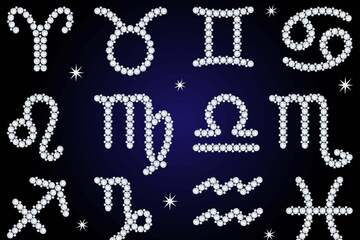"The war is raging": Ukrainian-American poet Igor Satanovsky on defiance and futility
New York, New York - Based in New York City, Igor Satanovsky has made a prolific career as a poet, visual artist, and publisher. Ukrainian by birth, he spoke with TAG24 NEWS about what it has been like watching the Russian invasion from afar.
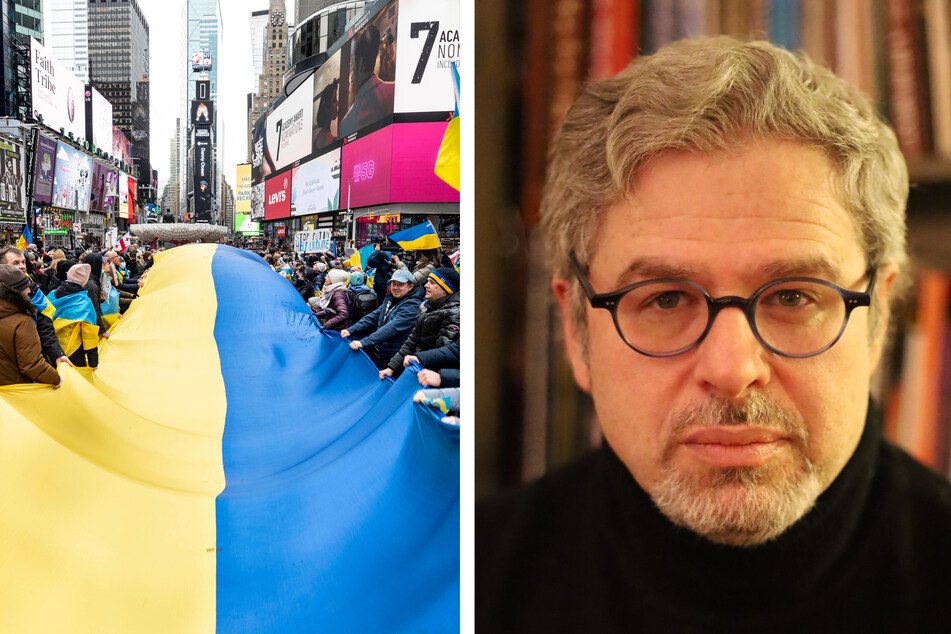
Born in Kyiv in 1969, Igor Satanovsky arrived in the United States in 1989 as a Soviet refugee. He was 19 at the time.
He has lived in New York ever since, except for a brief three-year stint in Fort Lauderdale. He has become a major figure in the New York art world, publishing poetry in English and Russian and organizing numerous local events.
"I've read with pretty much everybody in the New York scene, including Allen Ginsberg, Charles Bernstein, you name it," Satanovsky told TAG24.
Watching the Russian invasion of Ukraine unfold from New York, the ongoing attack has hit very close to home.
"My relationship with Ukrainian independence was not an easy one because I am of Jewish-Ukrainian heritage, and I grew up in the heavily anti-Semitic Soviet Kyiv. Leaving it was easy because they don't make you feel like you belong," he recalled.
But something changed in recent years.
"What happened is minorities and Ukrainians came together for Maidan, and a sense of largely Ukrainian identity came through," Satanovsky said, referring to the 2013-2014 protest movement that began after the Ukrainian government chose not to sign the European Union–Ukraine Association Agreement, deciding instead to deepen economic and political ties with Russia.
That new sense of national identity "made way for people like me to get acknowledged as descending from Kyiv," he explained. After that, he noticed a very different atmosphere in his hometown, and he was "pleasantly surprised by how polite people were everywhere."
The election of Ukrainian President Volodymyr Zelensky, who is Jewish, further cemented Satanovsky's conviction that "there is something going on with Ukraine."
Untangling the ideology of "Ruscism"
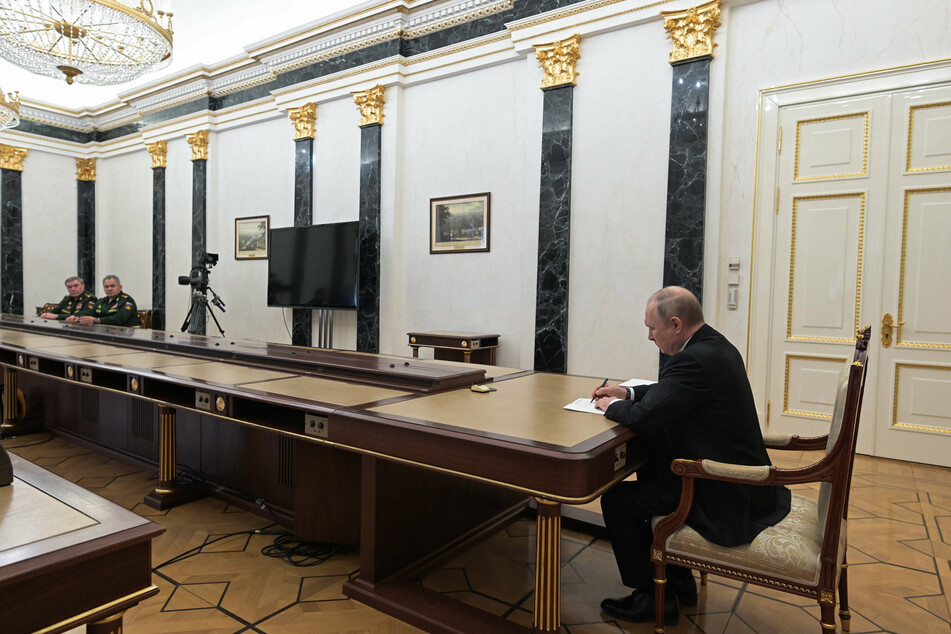
Though these changes came like a breath of fresh air to people like Satanovsky, not everyone was happy with the developments: "Putin could not take it. This vengeful little sh** just could not take it."
Over the years, Satanovsky has observed the infiltration of an ideology he calls "Russian imperialism" and "Ruscism," a form of Russian fascism, in Moscow.
"I know who these people are, these philosophers are. I know what they talked about years ago, and I've watched this penetrate the Kremlin," he said.
The ideology is based on denying the legitimacy of the Ukrainian state, which casts Putin's current actions in a paradoxical light: "On the one hand, they say, 'Ukrainians don't exist. These are Russian people.' But what you do with 'Russian people'? You bomb the hell out of them and run tanks over them?"
"It makes sense because this is what Putin does inside Russia to people who disagree with him," Satanovsky insisted.
Reports on the ground
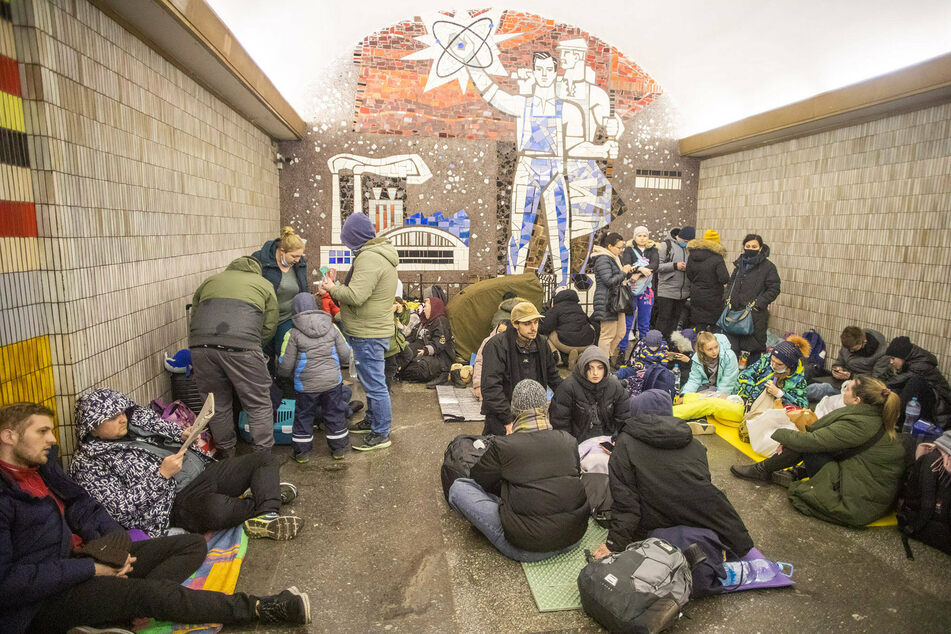
Throughout the onslaught, Satanovsky has been in touch with family and friends in Ukraine. He described the reports he is hearing on the ground as "terrible."
One of his relatives in Ukraine is 95 years old, so that part of his family is unable to move, he lamented.
Luckily, one of his second cousins, a famous poker champion, was able to make it across Hungarian border.
But many of Satanovsky's former classmates, as well as poets and writers he is connected with in Kyiv, haven't been as lucky. They are currently hiding out in bomb shelters.
He also has former classmates living in Russia who don't have it much easier. "They are out of their minds," he said.
"My only hope is that because Putin sent in mostly paratrooper special forces – parachuting in – a lot of them died fast because they didn't have ground support. He cannot have too many of those, so now he has to move tank units," Satanovsky emphasized.
"Putin cannot win this war, but can he take Kyiv? It's possible."
For a person who has spent his career publishing in the Russian language, the devastation is personal: "Of course, what is most upsetting to me is that I spent almost 30 years telling people all these great things about Russian culture, the best things about Russia. And this guy basically closed the door and said, 'No, no no, Russian culture is Putin.' It's not people like me."
The Ukrainian-American community comes together
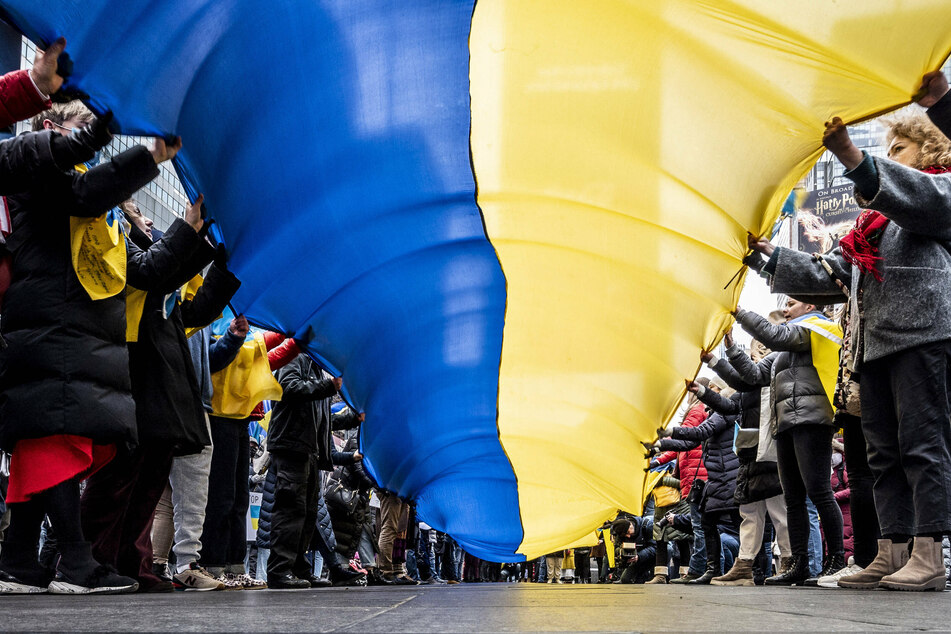
Since the invasion, Ukrainian Americans in New York and across the US have gathered together. Satanovsky described their feelings in one word: "shell-shocked."
"Two days ago, I came to work, but I couldn't function. I took the rest of the day off and went to the Stop Putin rally in Times Square," he remembered.
There, he met friends from Kyiv and also from Moscow. Many were holding signs saying Putin doesn't represent Russians, he noted.
Satanovsky said he has also received a lot of support from everyday New Yorkers – some of whom "had no idea" where Kyiv or even Ukraine were on a map just days prior.
He has had friends and co-workers call him to ask about the distance and relation among various Ukrainian cities facing the brunt of the Russian attacks.
"It's like, wow, Americans found geography," he joked, before turning serious again: "I think people feel that this is the first major war in Europe since the Balkans, and we have a major nuclear power involved."
"These are crimes against humanity."
Art as a personal outlet
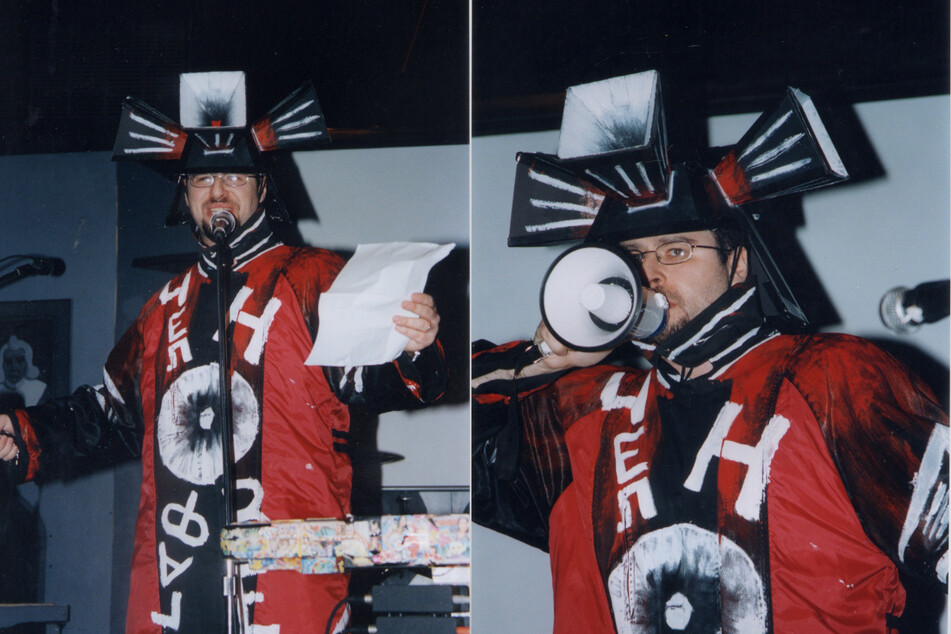
Apart from attending protests, Satanovsky and others have found an outlet for their rage and devastation through art.
He is connected with Ukrainian artists in Kyiv and around the world: "They are angry and sad and scared and defiant and a whole range of emotions, so I hope they all survive this ordeal."
Satanovsky himself has also shared poetry on social media as a form of processing this mix of emotions sparked by the violence in Ukraine.
He gave TAG24 an impromptu reading of the English translation of his poem, War and Pushkin. The title refers to Alexander Pushkin, a famous 19th-century Black Russian poet.
His voice gradually grew more and more forceful as he chanted the lines: "The war is raging, Pushkin keeps on writing."
The idea behind the poem came from a Russian expression, which says that when the guns roar, the muses are silent. For Satanovsky, the poem captures the simultaneous feelings of "defiance and futility" he is experiencing in the current moment.
"Writing is one way of dealing with this, your own little personal jihad, as they say," he explained. "It's a way of dealing with things, but it doesn't really prevent anything, unfortunately."
"You can get through to people with words, but it's just not happening," Satanovsky continued. "It's just basically for us, to help us deal with this."
Cover photo: Collage: IMAGO / ZUMA Wire & Igor Satanovsky

